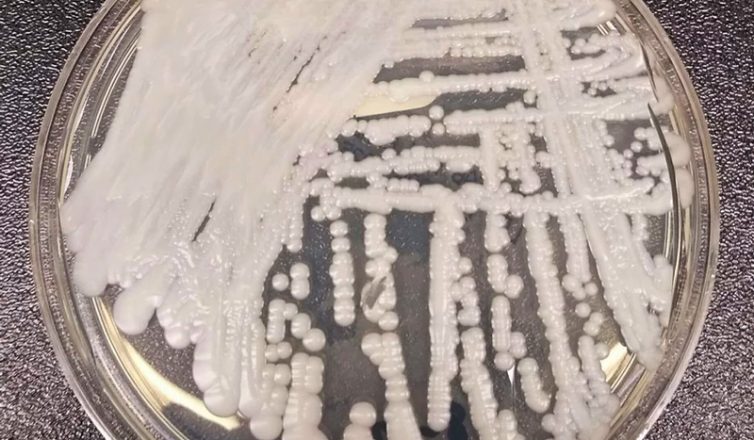Fungal infectious waste is a concern today for several reasons. First and foremost, fungal infections can pose a serious threat to human health, especially in immunocompromised individuals. Fungal infections can be difficult to treat and may require long-term therapy with antifungal medications.
Additionally, the improper disposal of fungal infectious waste can lead to environmental contamination and the spread of fungal spores. This can be particularly problematic in healthcare settings, where fungal infections can spread easily among patients and healthcare workers.
Moreover, the rise of drug-resistant fungal infections, such as Candida auris, has further increased the concern regarding fungal infectious waste. These infections can be difficult to treat with conventional antifungal medications and can spread quickly within healthcare facilities.
To address these concerns, it is important to ensure that fungal infectious waste is properly managed and disposed of using appropriate methods, such as incineration or autoclaving. This can help to minimize the risk of fungal infection and environmental contamination.
Services like ,Superior Medical Waste Disposal LLC are trained and certified in fungal infectious waste removal and treatment. Hiring a service like Superior to remove and dispose of potentially infected healthcare waste is the best way to minimize your employees from liability and exposure.
